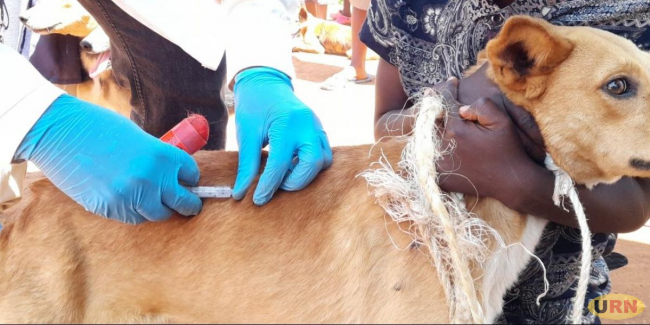Defeating leukaemia cells by depriving them of energy – Animal study
A Swiss-French team from Inserm, in France that includes University of Geneva (UNIGE) scientists has discovered how to trigger apoptosis in leukaemia cells by disrupting their energy maintenance mechanism. The previously unknown mechanism could lead to the development of new therapies for treatment of acute myeloid leukaemia, which affects blood and bone marrow cells, a particularly dangerous form of cancer.…





